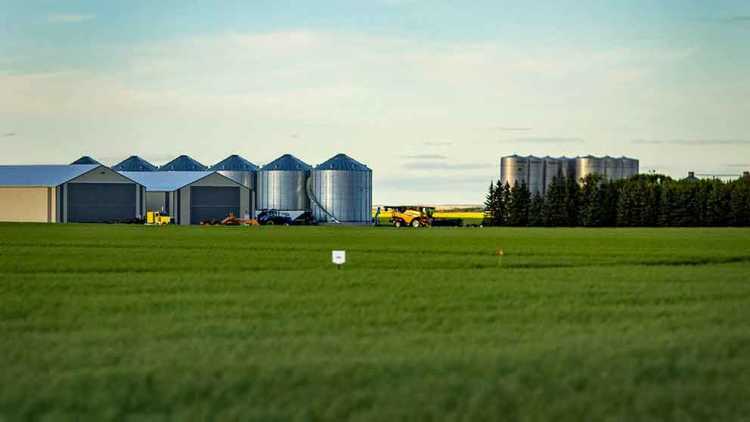What to know when buying or selling farmland

The decision to buy or sell farmland is multi-layered, with several angles to consider before deciding whether to put the property on the market or take the plunge and purchase it.
Interest rates can impact land price – lower interest rates mean lower overall cost for the land.
Chartered accountant Lance Stockbrugger says interest rates and a focused, straightforward business approach are two important elements to have locked in when deciding whether to buy or sell farmland.
Interest rates, Stockbrugger explains, can impact land price – lower interest rates mean lower overall cost for the land. For a buyer, that could mean an increase in budget.
“When I look at my overall payment, and my interest rates are so low, I can pay a little bit more for the land,” Stockbrugger says. He adds the phenomena can also result in higher land prices as sellers are aware that buyers may be willing to increase their budget due to low interest rates.
From a seller’s point of view, low interest rates have other roles in helping decide the best time to plant the For Sale sign. Sellers should consider what they’ll do with the cash from the land sale, and how it will be reinvested.
Have a plan for the cash
“If I’m going take this cash out of the land, where am I going to put it? If I put it into a similarly low-risk type of investment, I’m looking at a half to a 1% rate of return,” Stockbrugger points out. “Maybe I’m better to own my land, or make that purchaser pay a little bit more so that I feel like I don’t have to get a big investment return after the fact.”
A focused business decision is also critical in considering why the land should be purchased. Buying land previously owned by the family, because it’s a familiar plot, or because “they’re not making any more land,” are emotional decisions and could lead to added expenses for the buyer.
“Make sure that you understand the economics of it as well, and all the other costs associated with it,” Stockbrugger says. “There will be investment brokers and investment opportunities out there that offer or advertise decent returns, but with that usually comes a lot more risks than the owner would have with just owning their farmland.”
Check interest rates, Stockbrugger reiterates, and seek advice from professionals on whether rates may have reached their peak.
If interest rates are expected to top out, and land prices aren’t anticipated to go much higher, the seller can decide if the sale price is satisfactory. Meanwhile, another landowner may not have a specific use for the cash from the sale and choose to keep the land.
Rent to maintain the land value
“I can get a good renter return, I can still maintain the value of my land,” Stockbrugger says. “If the land prices continue to go up, I’m going to be able to capture that as well, so I’m just going to hold my land.”
When opting to rent land, both the landowner and the renter need to work on establishing and maintaining their relationship, Stockbrugger says. The landowner may not farm, but likely has a connection to agriculture. As a renter, staying in touch with the landowner can be a wise business decision.
“Relationships are a big part of renting land,” Stockbrugger says. “Build a long-term relationship so that they understand the good years and the bad years. They can work with you to make sure that you’re both going to stay in business, and both get decent returns over the career that you’re going to share. I want to have a long-term relationship with that person where we both can feel good about renting the land and making money on it.”
Bottom line
Farmland values, interest rates and emotional attachments should be considered when buying or selling farmland. Low interest rates can mean lower overall cost of the land. Meanwhile, sellers should ensure they invest the profits from the sale at a good rate of return. If landowners decide to rent instead of sell, establish a relationship with renters to help both parties get decent returns from the land throughout the relationship.
